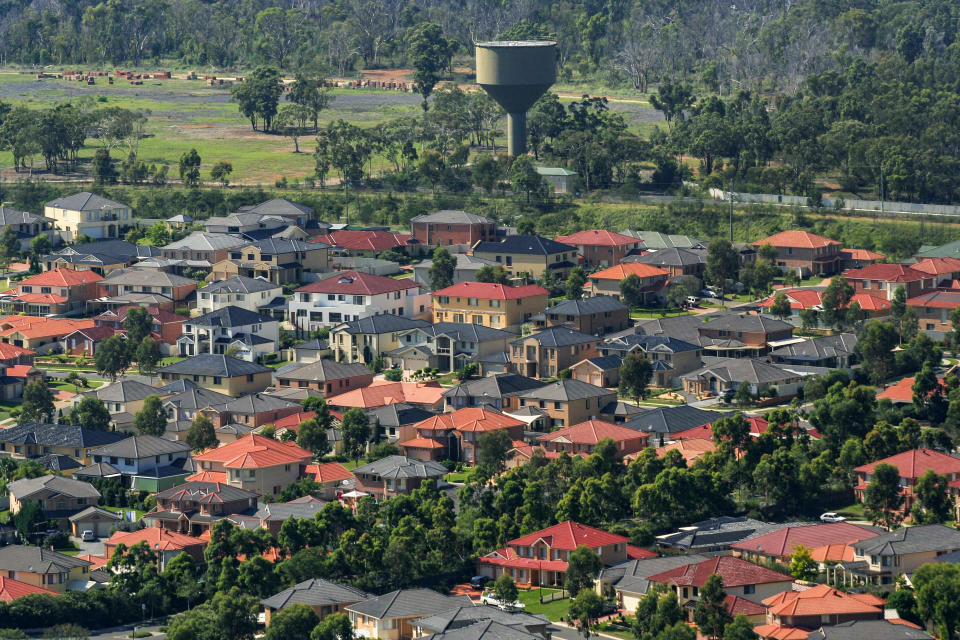‘Canary in the coal mine’: Signs house prices will drop 40%

Australians looking for hints on where property values will go next should keep an eye on Mandurah’s performance, a property analysis has said, while flagging value falls of more than 40 per cent.
Digital Finance Analytics principle and housing expert Martin North said the Western Australian city of Mandurah is a “canary in the coal mine” for Australia’s housing performance during the Covid-19 downturn. North conducts monthly analysis of housing stress across the country, and believes the pandemic crisis will trigger large scale value falls of more than 40 per cent.
“Not every property, not every city and not every suburb will see the same thing, but typically the starting point here is that our property in Australia in absolute terms is more than 40 per cent overvalued relative to long-term norms,” North said.
“We’re over-leveraged and we’re over-priced, so prices will come back. It could be as much as 40 per cent or more in some places where all of the fundamental supports of price growth have gone away.”
North identified those as population growth or migration driving demand and strong employment figures.
“I come back to Mandurah in Western Australia, where I’ve been watching mortgage stress rise over the last four or five years… Mandurah has seen a 38 per cent fall in home prices from their previous peak, they’ve seen more than 20 per cent of households in negative equity,” North said.
He said he’s concerned that Mandurah is the “canary in the coal mines” for other outer-suburban regions that have seen large-scale expansion without the infrastructure investment and associated economic support to back them up.
“Those are the sorts of things I’m worried about.”
North said the pandemic has only sped up a housing problem Australia was already heading towards, claiming fractures in the housing market were forming before the Global Financial Crisis.
“We’ve had a long-term problem of too much debt and too easy lending standards. The cracks were already showing prior to the pandemic, but because we’ve had the pandemic, we’ve had the economic shock as well.
“That has directly fed into the critical linchpin which is unemployment, because if people are still in work then the machine can continue until the point where unemployment starts to rise.”
When that happens, all of the factors that were previously positively reinforcing become negative.
“That’s where we are at the moment, in my view.”
North’s words come after a Reserve Bank of Australia (RBA) report suggesting a 40 per cent house price fall was an “extreme but plausible” scenario. However, the RBA said Australia’s banking system was strong enough to withstand most shocks.
NAB chief executive Ross McEwan also warned earlier this month that while economic conditions should start to improve in 2021, some borrowers should consider selling their properties now.
"As [banking regulator] ASIC said, we’ll take every reasonable step to keep people in homes and keep them moving, but there unfortunately will be some situations where it’s better off for people to actually sell up and start again, so that they can take some equity out of the situation," McEwan said.
Property research firm CoreLogic will on Tuesday release its latest housing figures, tracking Australian house price growth over August. July saw property values fall 0.6 per cent, the third consecutive fall.
The RBA will also hold its monthly board meeting on Tuesday.
Martin North will speak at the Global Crisis Summit on Sunday 30 August.
Make your money work with Yahoo Finance’s daily newsletter. Sign up here and stay on top of the latest money, news and tech news.
Follow Yahoo Finance Australia on Facebook, Twitter, Instagram and LinkedIn.

 Yahoo Finance
Yahoo Finance 

